
Sugar substitutes are certain types of food additives which are commonly used for the duplication of the effect of sugar in terms of taste, but in most cases they contain a lot less food energy than sugar. There are both synthetic and natural types of sugar substitutes. Most natural sugar substitutes are generally referred to as artificial sweeteners. There are also high intensity sweeteners which are characterized by multiple times the sweetness of regular table sugar, so they can be used in much smaller quantities with virtually no food energy supplied. These are often mixed together in order to provide the sweet sensation which is the closest to ordinary sugar. Artificial sweeteners are also mixed in with a bulking agent, which is often the case in most soft drinks. Most approved types of sugar substitutes are actually synthesized compounds made using certain artificial processes. There are also certain types of non sugar sweeteners which are commonly referred to as sugar alcohols or polyols. Certain artificial sweeteners are associated with controversies concerning the safety of their usage. All of them are regulated as food additive by the US Food and Drug Administration.
Health Issues
Certain laboratory studies have shown that sweet taste may induce insulin response in rodents, but there are no scientific facts which would prove that the same could be said for humans. When the insulin gets released it triggers the storing of sugar in the body tissues. In case of artificial sweeteners which do not trigger an increase of the levels of sugar in the blood, they may lead to hypoglycemia and a growing appetite. Sugar is commonly replaced by artificial sweeteners in the food and beverage industry when it comes to the production of a vast array of products which usually contain sugar. The number of such products constantly grows, and there are more than 4,000 of them available for purchase on the market of the United States. After the patent for aspartame expired in 1992, it became the most commonly used artificial sweetener in the American food industry. Closely following behind and threatening to soon take over the first place on the list of the most commonly used artificial sweeteners is sucralose. The most commonly consumed foods which contain alternative types of sweeteners include ice creams, cereals and diet sodas. This is mainly due to the fact that artificial sweeteners contain little or no calories at all. Artificial sweeteners are very good news for all those who suffer from diabetes.
Reasons for Use
There are numerous different reasons why artificial sweeteners are used instead of regular sugar. First of all they are much cheaper than sugar and they are characterized by a much longer shelf life. This makes for easier production of items with a longer expiry period. Refined white sugar can easily be replaced with less processed sugars and artificial sweeteners such as maple syrup or fruit juice. Diabetics need to avoid the intake of all different types of foods with a high glycemic index because they trigger significant drops of blood glucose levels. Artificial sweeteners are among the foods with a low glycemic index. All those who suffer from diabetes mellitus constantly experience difficulties when it comes to the regulation of the levels of sugar in the blood. Artificial sweeteners provide the possibility of a varied diet without excessive intake of sugar. Another great benefit of artificial sweeteners is that they are not associated with numerous different types of dental problems, which is not the case with ordinary sugar. Some may say that the biggest benefit of artificial sweeteners is that they are very efficient in assisting in weight loss. They contain little or no calories at all.
Sugar Substitutes Commonly Used in Food
Aspartame is the most commonly used artificial sweetener in all different types of foods and beverages. It was discovered in 1965 almost by accident. It is 200 times as sweet as sugar and it is in the form of white crystalline which does not have any odor. It is usually used in the production of chewing gums, beverages, gelatin and frozen desserts. Cylclamate is an artificial sweetener banned by the FDA in 1970, but it is still used extensively in several other parts of the world. Saccharin is the first artificial sweetener, discovered way back in 1879, and nowadays is the third popular one. It is often contained in various different types of dietary beverages, dietary foods and toothpastes. Stevia is a herbal supplement which ca n also be used as a natural sweetener as well. It was banned for use as a food additive by the FDA in 1987. Other commonly used artificial sweeteners include sucralose and lead acetate.
Natural Sugar Substitutes
The list of natural sugar substitutes includes brazzein, curculin, erythritol, glycyrrhizin, glycerol, hydrogenated starch hydrolysates, inulin, isomalt, lactitol, luo han guo, mabinlin, maltitol, malto-oligosaccharide, mannitol, miraculin, monatin, monellin, osladin, pentadin, sorbitol, stevia, tagatose, thaumatin and xylitol.



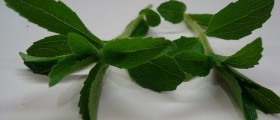
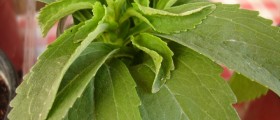
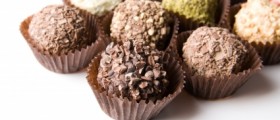

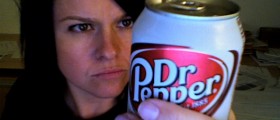
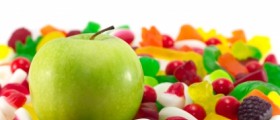

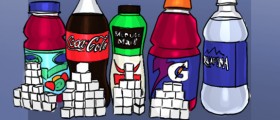
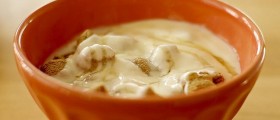
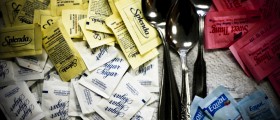
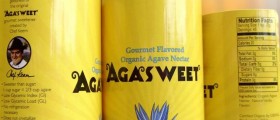
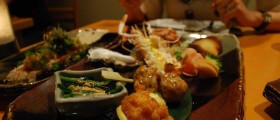
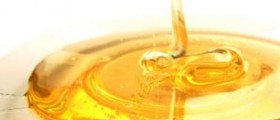

Your thoughts on this
Loading...